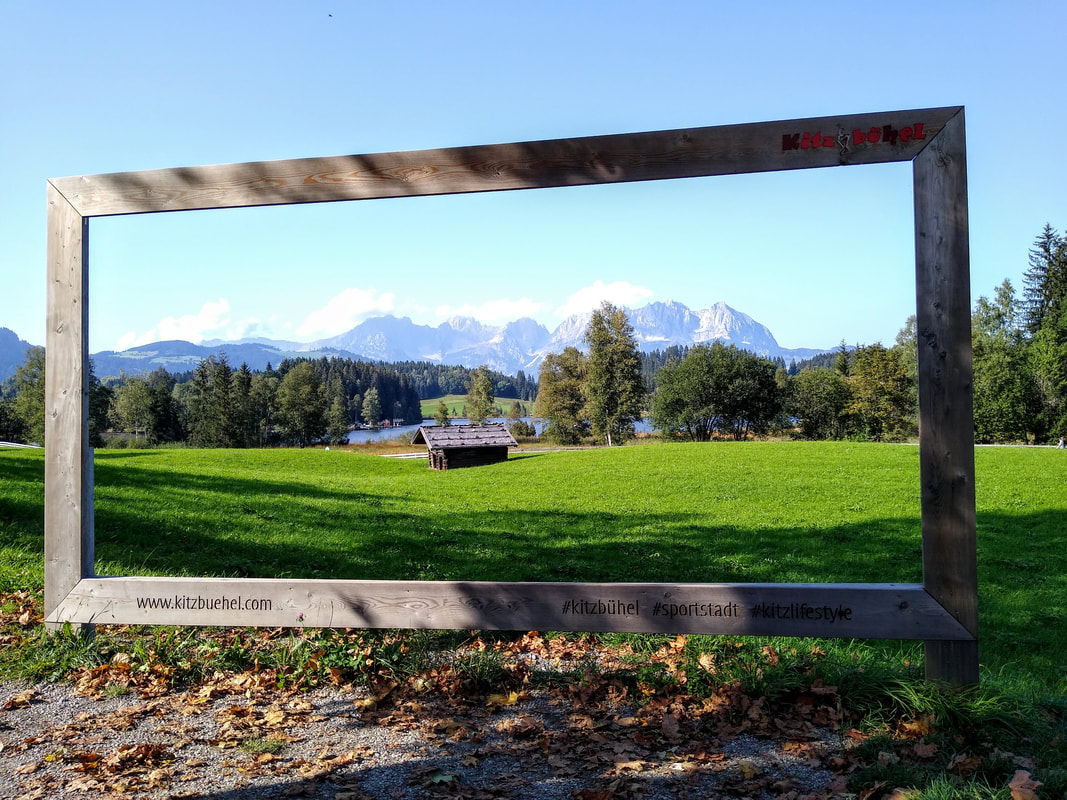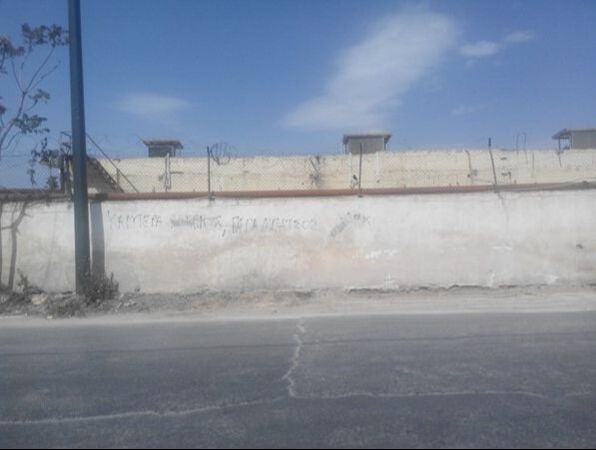|
|
|
Blog post by Jakub Gortat, University of Lodz, Poland
German–Austrian relations and specifics of Austrian national identity appear to substantiate the assumption that the world-systems theory and centre-periphery model, elaborated on by scholars decades ago, are still applicable. Austria has often defined itself in opposition to Germany: since the end of the Second World War, Austria has taken pride in being a nation separate and distinct from Germany. This can be seen in the political declarations of the leading politicians and the narrative of the leading political parties throughout this period. To a large extent, this conviction was based on some recognizable national stereotypes and myths presenting Austria as a peaceful country with a splendid tradition and picturesque Alpine landscapes that had nothing to do with National Socialism, void of any responsibility for the crimes against Jews and other ethnic or national minorities committed under it or the war itself, which in the light of historical research undertook many years later turned out to be simply mendacious. On the other hand, the self-stereotype of an independent, cultural nation paradoxically reduced the perception of Austria abroad (including Germany) to catchy clichés about Mozart, the Habsburgs and the Viennese waltz.
0 Comments
Blog post by Katerina Rozakou, Panteion University of Social and Political Sciences, Greece
During my research in Greece, which forms the basis of my Identities article, ‘Ambivalent feelings: ‘filotimo’ in the Greek migration regime’, I explored ambivalent feelings that police officers demonstrate in their encounters with migrants in various sites of migration governance. Between autumn 2014 and summer 2016 I did fieldwork with state and non-state actors involved in migration in registration, pre-removal migrant detention, and open reception centres in Athens and Lesvos. Police officers in Greece are notorious for their anti-migrant and racist attitudes, and migration governance sites are infamous for their poor conditions as numerous reports by human rights organizations illustrate (Amnesty International 2014, European Committee for the Prevention of Torture and Inhuman or Degrading Treatment or Punishment 2017, Greek Ombudsman 2019). At the same time, often police officers exhibit care towards migrants, providing them with medicine, food and other goods. This care is not a matter of individual exceptions in the dominant xenophobic police feelings but related to the culturally significant sentiment of ‘filotimo’ (love of honour) that police officers evoke. The ‘goodness’ and the acts of care that police officers exhibited towards migrants them as more than mere individual exceptions in an overall culture of neglect and dehumanization (though at times this may be the case). As I claim, this care very often coexisted with violence and xenophobia, and it resonated with nativist claims to morality and moral superiority that were contrasted to the demoralization of the state the police officers embodied. |
|
Explore Identities at tandfonline.com/GIDE |
|
The views and opinions expressed on The Identities Blog are solely those of the original blog post authors, and not of the journal, Taylor & Francis Group or the University of Glasgow.


